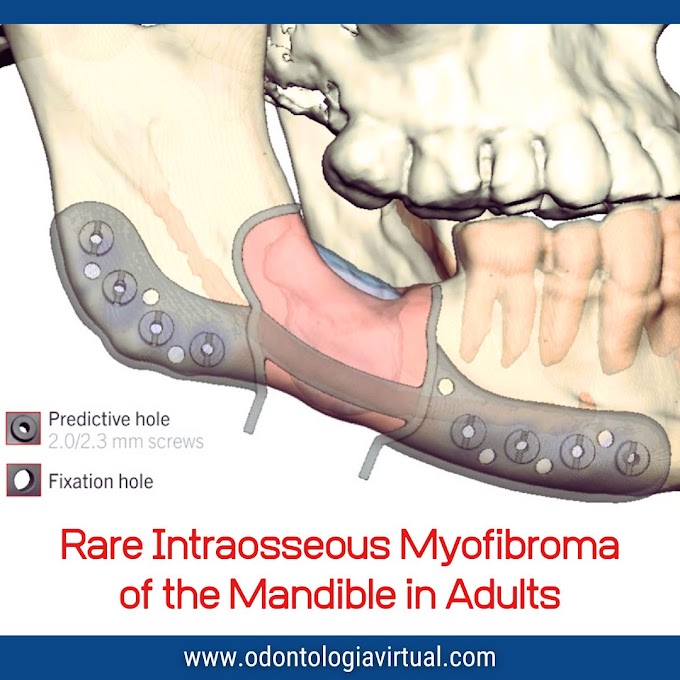It belongs to the spectrum of fibro-osseous lesions and represents a reactive process in which normal bone is replaced by poorly cellularized cementum-like materials and cellular fibrous connective tissues.
The latest World Health Organization’s classification (WHO) in 2005 of benign tumors recognized FOD as lesions associated with bone and designated them as florid osseous dysplasia that forms along with focal osseous dysplasia, periapical osseous dysplasia and familial gigantiform cementoma, the group of osseous dysplasia.
FOD is commonly seen in black women of middle age (40-50 years-old). It often occurs bilaterally in the mandible with symmetric involvements (Lin et al.), but it can also affect the maxilla.
The process may be totally asymptomatic and in such cases, the lesion is detected when radiographs are taken for some other purposes.
The process may be totally asymptomatic and in such cases, the lesion is detected when radiographs are taken for some other purposes.
This paper describes the case of 2 patients who were diagnosed with FOD on the basis of clinical and radiological findings. Radiological and clinical features of FOD and its management will be then discussed on the basis of recent literature.













